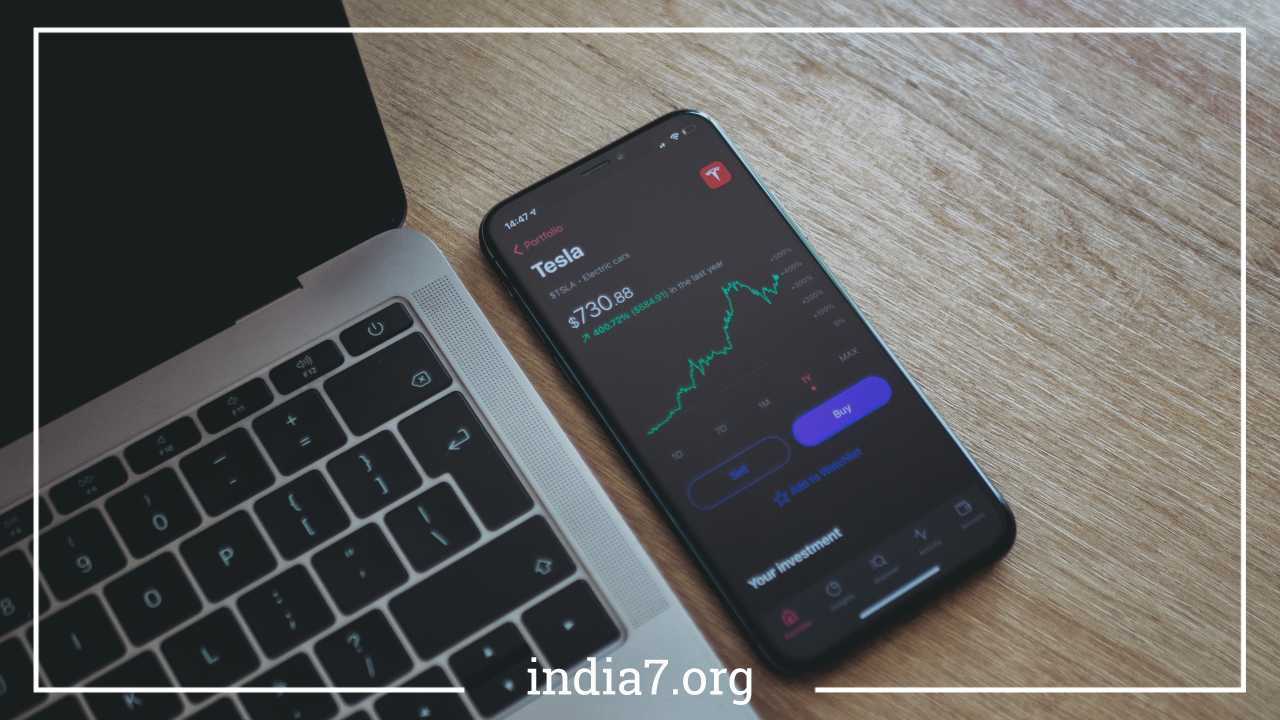The Evolution of Online Trading: A Modern Financial Revolution

Online Trading
The advent of the Internet has ushered in a wave of transformative changes in the way we conduct our daily lives and manage our personal affairs. From the convenience of online bill payments to the vast world of e-commerce, from digital banking to online dating, the Internet has revolutionized our world in numerous ways. One of the most significant revolutions brought about by the digital age is online trading.
Today, we not only have the ability to buy and sell goods and services online, but we can also trade financial instruments, such as stocks, bonds, and derivatives, in the digital realm. Online trading has become an integral part of the modern financial landscape, offering both individual investors and professional traders unprecedented access to the global financial markets.
The Rise of Online Trading Platforms
Gone are the days when stock trading involved a phone call to a broker who executed orders on your behalf. With the rise of online trading platforms, investors now have direct access to financial markets, which has transformed the way trading is conducted. Here’s a closer look at the evolution of online trading:
- Accessibility: Online trading platforms have democratized investing. Anyone with an internet connection and a computer or mobile device can participate in the financial markets. This accessibility has expanded the investor base and made trading more inclusive.
- Convenience: Online trading offers unparalleled convenience. Investors can trade from the comfort of their homes or on the go, allowing for flexibility in managing their portfolios. This convenience has eliminated geographical barriers and time constraints associated with traditional trading methods.
- Real-Time Information: The internet provides instant access to real-time financial data, news, and research. Traders can make informed decisions with up-to-the-minute information, enhancing their ability to respond to market developments quickly.
- Reduced Costs: Online trading has significantly lowered transaction costs. Traditional brokerage firms often charge higher commissions and fees, which can eat into profits. Online brokers typically offer lower trading costs, making it more cost-effective for investors.
- Control: Investors have greater control over their trading activities. They can execute orders, monitor their portfolios, and set stop-loss and take-profit levels independently. This level of control empowers investors to tailor their trading strategies to their specific goals and risk tolerance.
- Diversification: Online trading platforms provide access to a wide range of financial instruments, including stocks, bonds, exchange-traded funds (ETFs), options, and foreign exchange (forex). This enables investors to diversify their portfolios and spread risk across different asset classes.
- Educational Resources: Many online brokers offer educational resources, tutorials, and research tools to help investors make informed decisions. These resources can be invaluable, especially for beginners looking to navigate the complexities of the financial markets.
The Advantages of Online Trading
The popularity of online trading stems from several key advantages:
- Flexibility: Online trading allows investors to trade at their convenience. Whether it’s during regular market hours or after hours, traders have the flexibility to execute orders when it suits them best.
- Cost Savings: Online brokers typically offer lower commission fees compared to traditional brokerage firms. This cost savings can significantly impact an investor’s overall returns, especially for frequent traders.
- Access to Information: The internet provides a wealth of financial information and research tools that empower traders to make data-driven decisions. News, analysis, charts, and historical data are readily available at your fingertips.
- Speed and Efficiency: Online trading platforms execute orders swiftly, reducing the risk of price fluctuations between order placement and execution. This speed is crucial for day traders and those who engage in short-term trading strategies.
- Global Markets: Online trading opens the door to global markets. Investors can trade securities from exchanges around the world, gaining exposure to international assets and diversifying their portfolios.
- Automation: Many online platforms offer automated trading systems, including algorithmic trading and robo-advisors. These tools can execute predefined trading strategies without constant manual intervention.
- Risk Management: Online trading platforms provide risk management features like stop-loss and take-profit orders, helping traders limit potential losses and lock in profits.
Considerations for Online Traders
While online trading offers numerous advantages, it’s essential to be aware of its potential drawbacks and challenges:
- Knowledge and Experience: If you’re new to investing, the self-directed nature of online trading can be daunting. It’s crucial to educate yourself about the financial markets, trading strategies, and risk management before diving in.
- Internet Reliance: Online trading depends on a stable internet connection. You won’t always have access to the internet, so it’s essential to have contingency plans in place, such as phone-based trading options.
- Emotional Discipline: Trading can be emotionally challenging, especially during volatile market conditions. It’s essential to maintain discipline and avoid impulsive decisions that could lead to losses.
- Security: Online security is a significant concern. Ensure that you choose a reputable and secure online brokerage platform that employs robust security measures to protect your financial information and assets.
- Market Risks: The financial markets carry inherent risks. Prices can fluctuate rapidly, and there are no guarantees of profits. It’s crucial to understand the risks associated with each asset class you trade.
- Tax Implications: Be aware of the tax implications of your trades. Different types of investments may have varying tax consequences, and it’s advisable to consult with a tax professional for guidance.
- Broker Selection: Choose an online brokerage that aligns with your trading style and preferences. Consider factors like trading fees, research tools, customer support, and available assets when selecting a broker.
- Continuous Learning: The financial markets are dynamic and ever-changing. Successful traders continually update their knowledge and adapt their strategies to market conditions.
The Importance of Education and Preparedness
Whether you’re a seasoned trader or a novice investor, education and preparedness are keys to success in online trading. Here are some essential steps to take before engaging in online trading:
- Learn the Basics: Understand fundamental concepts like asset classes, market orders, limit orders, and different order types. Familiarize yourself with technical and fundamental analysis techniques.
- Practice with a Demo Account: Many online brokers offer demo accounts that allow you to trade with virtual money. Use this opportunity to practice your trading strategies and become comfortable with the platform.
- Develop a Trading Plan: Create a well-defined trading plan that outlines your goals, risk tolerance, and strategies. Having a plan in place will help you stay focused and disciplined.
- Risk Management: Implement risk management strategies, including setting stop-loss orders and managing your position sizes. Risk management is crucial to protect your capital from significant losses.
- Stay Informed: Keep up to date with financial news and market developments that may impact your trading decisions. Utilize research tools and analysis to make informed choices.
- Start Small: If you’re new to trading, start with a small capital allocation. As you gain experience and confidence, you can consider increasing your investment.
- Continuous Learning: The financial markets are dynamic, and there is always more to learn. Invest in your financial education by reading books, taking courses, and staying informed about industry trends.
- Choose the Right Broker: Select an online brokerage that suits your trading style and preferences. Consider factors like fees, available assets, trading tools, and customer support.
The Future of Online Trading
As technology continues to advance, the landscape of online trading will continue to evolve. Innovations such as artificial intelligence, blockchain technology, and mobile trading apps are shaping the future of finance. These developments promise even greater accessibility, efficiency, and security in online trading.
However, the core principles of responsible trading remain unchanged. Success in online trading still hinges on education, discipline, risk management, and a well-thought-out trading plan. As you navigate the world of online trading, remember that while it offers incredible opportunities, it also demands a commitment to continuous learning and a cautious approach to risk. Online trading is a powerful tool in the hands of informed and prepared investors, and it can be a rewarding journey for those who embrace it with care and diligence.



